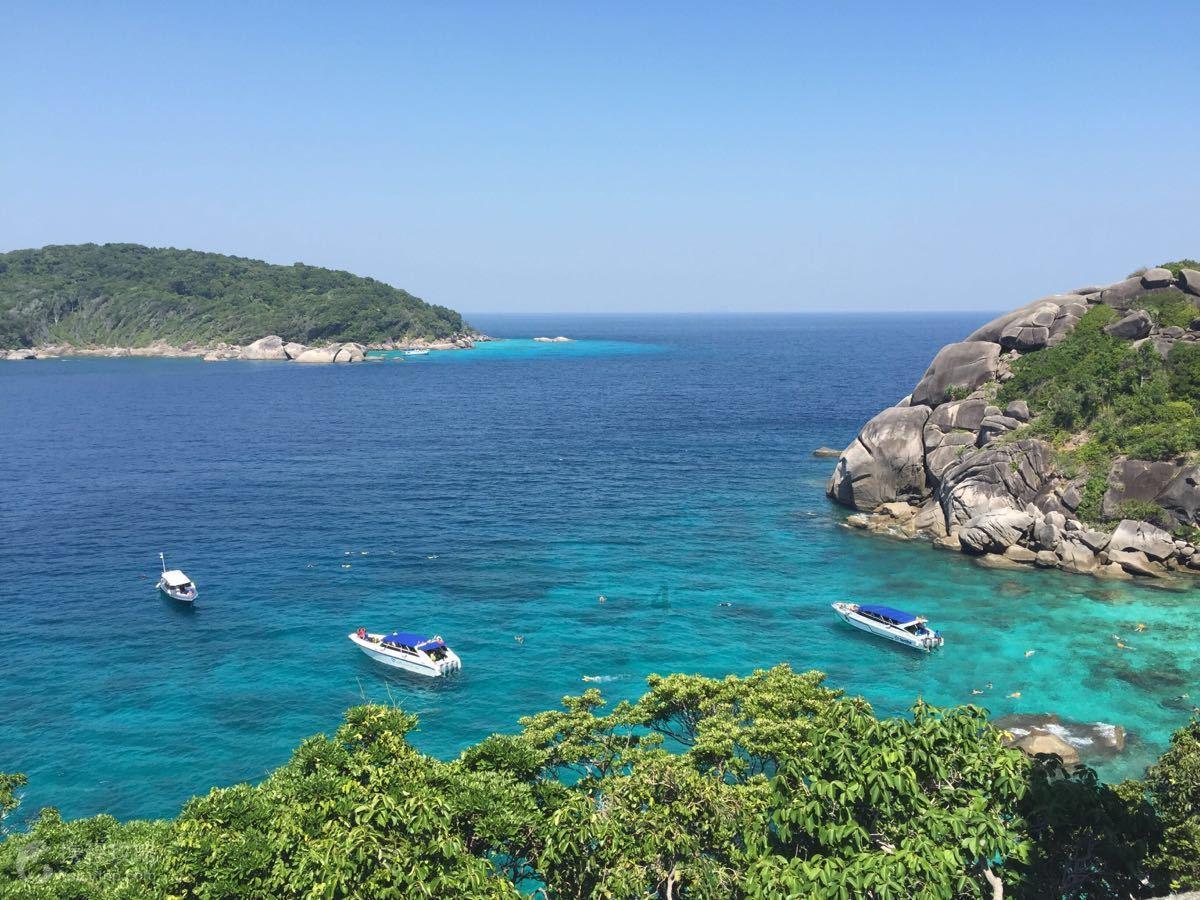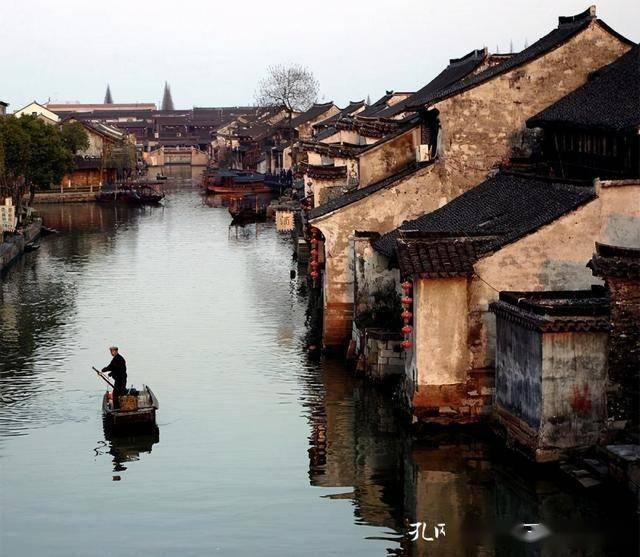Natural disasters are events caused by natural forces that can cause significant damage to the environment and endanger the lives and well-being of people and other living organisms. They include phenomena such as earthquakes, floods, hurricanes, tsunamis, wildfires, and volcanic eruptions.
One of the most devastating natural disasters is an earthquake. It occurs when the Earth's tectonic plates shift and release energy, causing the ground to shake. Earthquakes can result in the collapse of buildings, destruction of infrastructure, and loss of life. They can also trigger secondary disasters such as landslides and tsunamis.
Floods are another common natural disaster that occurs when there is an excessive amount of water in an area. Heavy rainfall, melting snow, or dam failures can lead to flooding. Floods can cause widespread damage to homes, crops, and infrastructure. They can also lead to the displacement of people and the outbreak of water-borne diseases.
Hurricanes, also known as typhoons or cyclones, are powerful storms that form over warm ocean waters. They are characterized by strong winds, heavy rain, and storm surges. Hurricanes can cause massive devastation, including widespread flooding and destruction of homes and buildings. The strong winds can uproot trees and power lines, leading to power outages and communication disruptions.
Tsunamis are ocean waves triggered by underwater earthquakes, volcanic eruptions, or landslides. They can travel across the ocean at high speeds and cause enormous damage when they reach coastal areas. Tsunamis can obliterate entire communities, destroy infrastructure, and cause widespread loss of life.
Wildfires are uncontrolled fires that spread rapidly through vegetation, fueled by dry weather conditions and strong winds. They can destroy vast areas of forests, habitats, and farmland, causing significant ecological and economic damage. Wildfires can also lead to the release of harmful pollutants into the air, jeopardizing the health of nearby communities.
Volcanic eruptions occur when molten rock, ash, and gases are released from a volcano. They can result in the destruction of nearby communities, as well as long-term environmental consequences such as the deposition of ash and the formation of new landforms. Volcanic eruptions can also lead to the release of toxic gases into the atmosphere, posing a threat to human health.
In conclusion, natural disasters are events caused by natural forces that can have devastating consequences. They can result in loss of life, destruction of infrastructure, and long-term environmental damage. It is crucial for governments, communities, and individuals to be prepared for such disasters and take appropriate measures to mitigate their impact.
文案下方,应采儿晒出两张与陈小春亲吻的照片,高调撒糖一时间收获满满祝福。, 但是没有剧痛不代表不是宫外孕,当胚胎发育到一定大小时就会撑破输卵管,这时候已经晚了。
科普 什么是阻塞性睡眠呼吸暂停? 阻塞性睡眠呼吸暂停,就是在夜间睡眠时,由于上气道狭窄或塌陷导致的呼吸气流受阻,进而导致夜间频繁发生间歇性的缺氧,同时伴有睡眠结构破坏。, 从目前的传播节奏看,极氪官方将在新车正式发布及预售之前,陆续公布更多极氪007的官图,我们将持续关注极氪007的新车信息。
截至今年6月末,公司销售网络已延伸至全国多个省份及直辖市下逾250个地级市的1400余个县级区域,建立了超过2756家加盟店、35家自营店、7家直营服务中心及17家省级代理及主流电商平台的在线商店的销售网络。, 夏启宇的这些珍贵档案中,奖状是最新发现的。


